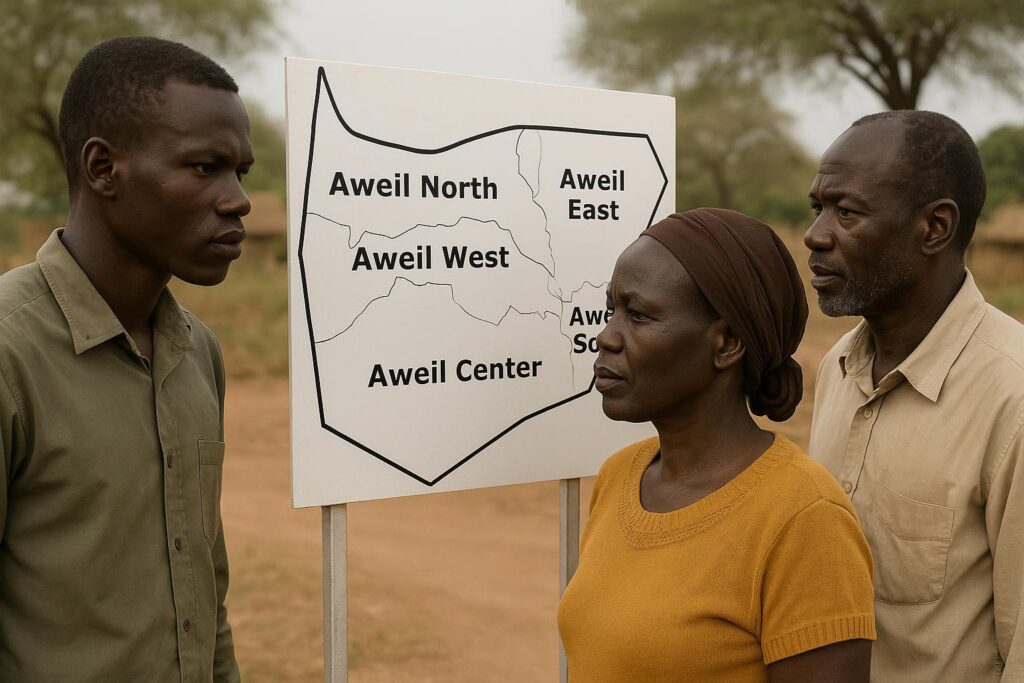Regional Context in Northern Bahr el Ghazal
Northern Bahr el Ghazal, bordering Sudan, has long relied on informal trade and seasonal cattle movement. Yet persistent customs bottlenecks and sporadic insecurity have slowed growth across the five counties.
Forum Logistics and Representation
On 18 August, the state capital Aweil will host sixty delegates drawn equally from every county, including paramount chiefs, women leaders, planners and commissioners.
Information Minister Gabriel Deng Yel says the gathering offers ‘a single table for reviewing performance and harmonising plans with national policy.’
Cross-Border Trade and Security
Much of the agenda targets the busy frontier with Sudan, where Dinka, Misseriya and Rezigat communities swap livestock, sorghum and manufactured goods.
Delegates will study customs fees, market access and joint patrol mechanisms designed to protect traders from banditry while keeping corridors open for humanitarian flows.
Governance and Development Agenda
Eleven state ministers are slated to present dashboards on health, roads, education and revenue, allowing counties to benchmark progress and flag resource gaps.
The forum will also draft a shared annual work plan, aligning county budgets with the national Revitalised Peace Agreement priorities.
Stakeholder Perspectives
‘Border trade has existed for centuries; our task is to modernise it without losing the social ties,’ notes Aweil East Commissioner Kiir Yor during a pre-forum briefing.
Parliamentary chairperson Rebecca Akok adds that improved coordination ‘can channel more scholarships and agribusiness grants to youth who currently migrate for work.’
Anticipated Impact for Youth and Women
Organisers expect the forum to endorse gender-responsive trade policies, clearer cattle migration routes and a monitoring matrix, paving the way for a follow-up session in early 2025.


